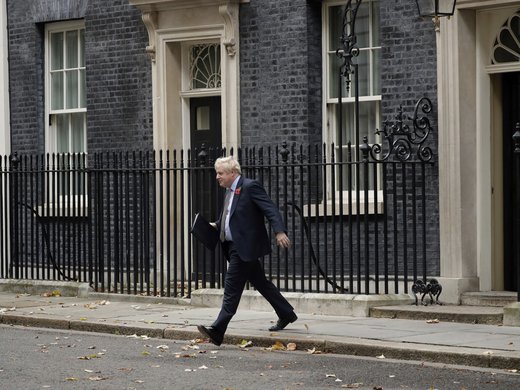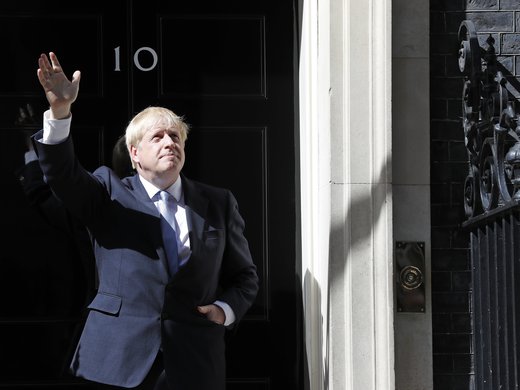The terms of the United Kingdom’s exit from the European Union remain vague and fluid at the time of writing. However, it is clear that the prospect has given rise to concern as to the future shape and effectiveness of environmental law following Brexit. EU environmental law, as it has evolved and expanded since the early 1970s, has exerted a profound influence over the law of the United Kingdom, and has in many areas resulted in entrenched environmental problems being tackled and environmental standards being improved.
As discussed in this paper, it would be naive to suggest that the United Kingdom will abandon the existing body of EU environmental law; indeed, under the terms of the proposed legislation on exit, it will be preserved. However, there will be some serious and complex issues to be resolved because much of the law is predicated upon the involvement of EU institutions. There will also be difficult issues relating to international relations, both in respect of treaties to which the United Kingdom is a party in its capacity as an EU member state, and in respect of the implications of any future bilateral trade arrangements for environmental regulation.
Further, EU law has provided both political and legal accountability to successive UK governments, and a means for concerned or affected citizens to obtain redress, either by way of complaint to the European Commission, or by legal challenges in the courts. There will need to be effective replacement mechanisms if the environment is to be properly protected. How these issues are worked out will be an important task for environmental lawyers over the next decade.


